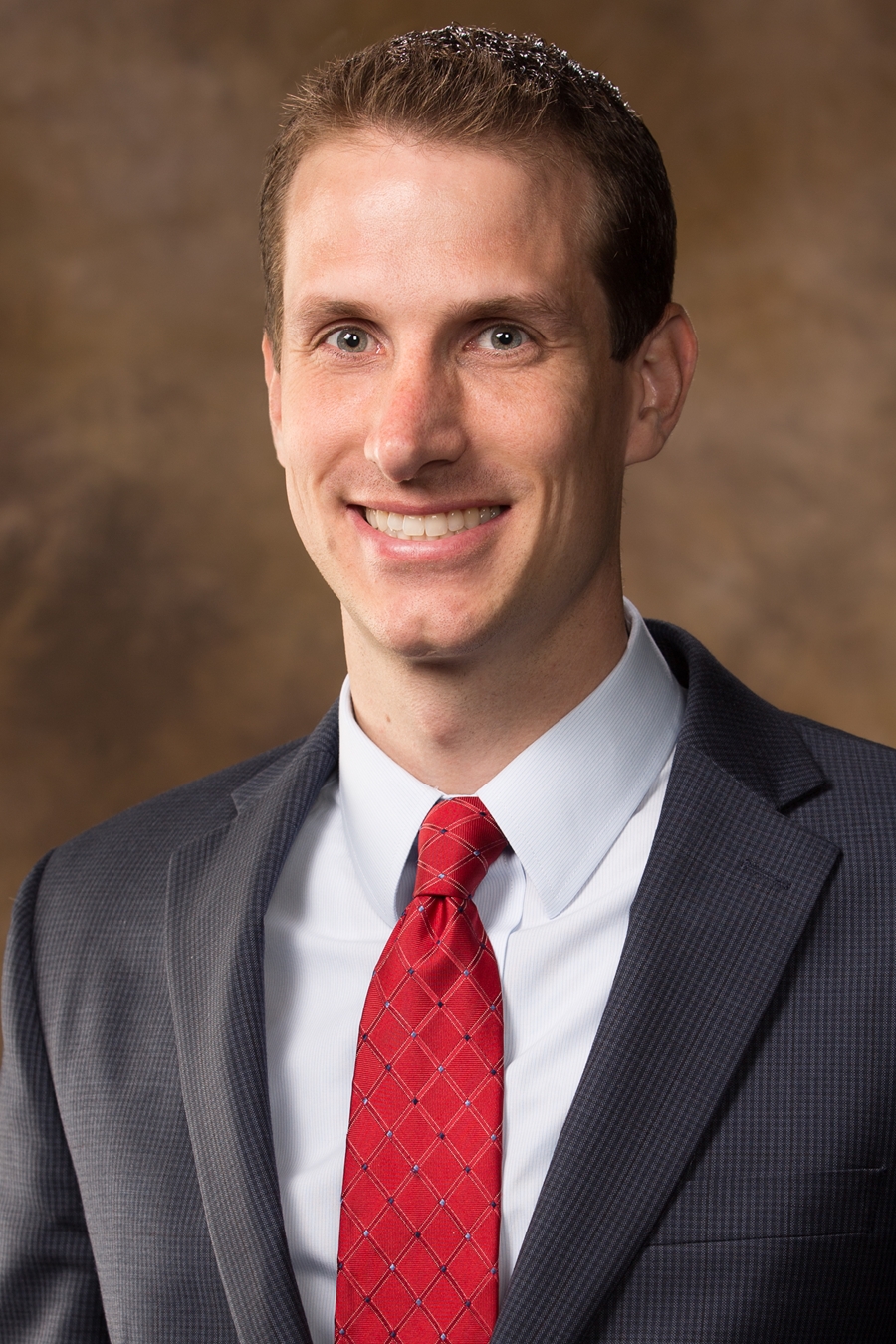Small, Association-Connected Firms Conduct Higher-Quality Audits
FAYETTEVILLE, Ark. — Small audit firms with membership in an accounting association or network perform higher-quality audits than small firms that do not belong to such organizations, according to a new study by accounting researchers at the University of Arkansas.
The study also revealed that the quality of audits by small firms participating in an association or network was comparable to the quality of audits done by the largest public accounting firms, the so-called “Big 4.”
“Our findings should be of particular interest to audit committees tasked with auditor selection, because they suggest that, on average, membership in an accounting association, network or alliance provides small audit firms with additional resources that enable them to overcome barriers to performing high-quality, public company audits,” said Kenneth Bills, coauthor of the study and assistant professor of accounting in the Sam M. Walton College of Business.
The study, to be published in The Accounting Review, is the first to investigate the benefits of membership in an accounting association for small audit firms. It follows a report by the Advisory Committee on the Auditing Profession, provided to the U.S. Department of Treasury, which stated that small audit firms faced difficulties performing large public-company audits because they sometimes lacked “global resources and technical and industry expertise to deal with an increasingly complex business and financial reporting environment.” The researchers tested the report’s recommendation that association membership could benefit small audit firms.
Bills and co-authors Linda Myers, Distinguished Professor of Accounting, and Lauren Cunningham, an assistant professor of accounting at the University of Tennessee and former doctoral student in the Walton College, collected membership data from association websites for all associations in two publications, the Annual Directory of CPA Firm Associations and Networks and the Top 30 Accounting Networks and Associations, for 2010 through 2013. They focused on firms other than the “Big 4” – Deloitte and Touch, Ernst and Young, KPMG, and PwC, the four largest public accounting firms.
The researchers examined three measures of audit quality – restatements, discretionary accruals and inspections deficiencies – as defined by the Public Company Accounting Oversight Board. The board sets standards for audits of public companies and inspects audits of public companies performed by public accounting firms.
Restatements occur when there is something incorrect in a company’s financial statements, and the company is forced to reissue, or restate, its financial statements with the error corrected. Discretionary accruals are non-cash adjustments to a company’s balance sheet that management has discretion in determining and therefore could manipulate to make the financial statements appear better than they are. Inspection deficiencies are shortcomings found by the Public Company Accounting Oversight Board in its inspections of public-company audits performed by public accounting firms.
Small audit firms that were members of an association or network charged higher fees than nonmember firms, the study found. However, these firms did not charge as much as the four largest public accounting firms.
“The results we found are interesting because they indicate that association members provide audits of similar quality to the Big 4, but at a lower price,” Bills said. “A major caveat of the study, however, is that the results may not generalize to very large public companies for whom smaller audit firms lack adequate workforce to take on and complete their audits.”
Myers holds the Garrison/Wilson Chair in Accounting.
About the University of Arkansas: The University of Arkansas provides an internationally competitive education for undergraduate and graduate students in more than 200 academic programs. The university contributes new knowledge, economic development, basic and applied research, and creative activity while also providing service to academic and professional disciplines. The Carnegie Foundation classifies the University of Arkansas among only 2 percent of universities in America that have the highest level of research activity. U.S. News & World Report ranks the University of Arkansas among its top American public research universities. Founded in 1871, the University of Arkansas comprises 10 colleges and schools and maintains a low student-to-faculty ratio that promotes personal attention and close mentoring.
Contacts
Kenneth Bills, assistant professor, Department of Accounting
Sam M. Walton College of Business
479-575-6116,
kbills@walton.uark.edu
Matt McGowan, science and research communications officer
University Relations
479-575-4246,
dmcgowa@uark.edu
Headlines
Affairs of the Heart
Find out how biomedical engineering professor Morten Jensen is developing innovative devices to produce better outcomes in cardiovascular medicine.
Students, Faculty and Alumni Kick Off Centennial Year of School of Law
Founded April 14, 1924, the School of Law faculty, students and alumni started the celebration of its centennial year with a Founders Day event and will continue with more commemorative events this coming fall.
Yearly Academic Award Winners, Ambassadors Recognized by Bumpers College
Schyler Angell, Lexi Dilbeck, Cason Frisby, Tanner Austin King, Anna Brooke Mathis, Carrie Ortel, Lucy Scholma, Kadence Trosper and student ambassadors were honored at the college's annual reception.
World Premiere of 'Cries from the Cotton Field' Slated for May 8
Cries from the Cotton Field chronicles the journey of 19th century Italian immigrants from northern Italy to the Arkansas Delta and ultimately to Tontitown. It will premier at 6 p.m. May 8 in Springdale Har-Ber High School.
Fay Jones School's Earth Day Event Spotlights Sustainable Materials and Projects
"One day doesn't seem like a lot, but one day can empower individuals and groups, energize them to work for change and innovate for transformative solutions," professor Jennifer Webb said of the students' design work.





